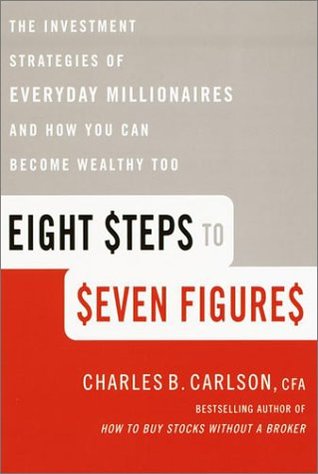henny-penny
Dryer sheet aficionado
- Joined
- May 22, 2018
- Messages
- 27
Im looking forward to be debt free August 1st 2018 so very much. YAY!
Im currently reading "Your Money or Your Life" by Vicki Robin, Joe Dominguez, Monique Tilford. And trying to see if there is relevant information out the in the space. Im a little overwhelmed by all the books, blogs and webpages.
So, do you have any advice for a newbie here? How not to get lost in all that information, opposite arguments and how to adapt to welfare we have in Norway (and the fact that welfare is threatened by reforms).
Thanks in advance.
Im currently reading "Your Money or Your Life" by Vicki Robin, Joe Dominguez, Monique Tilford. And trying to see if there is relevant information out the in the space. Im a little overwhelmed by all the books, blogs and webpages.
So, do you have any advice for a newbie here? How not to get lost in all that information, opposite arguments and how to adapt to welfare we have in Norway (and the fact that welfare is threatened by reforms).
Thanks in advance.


